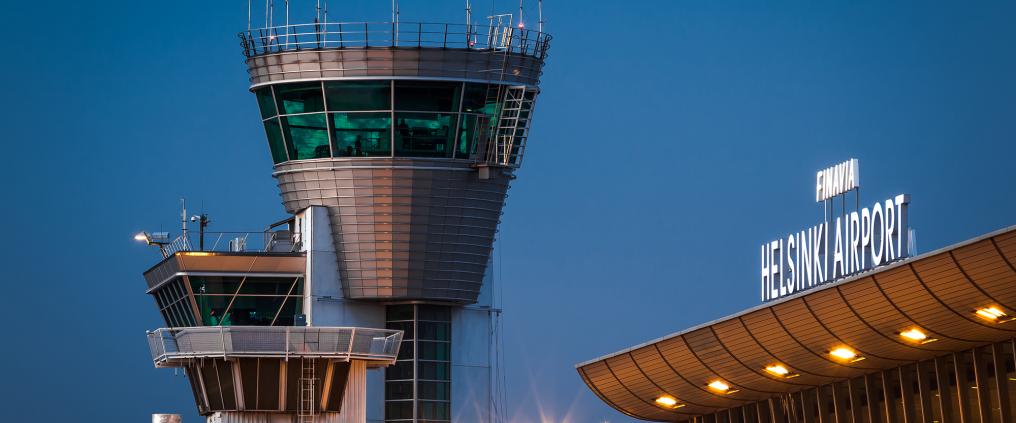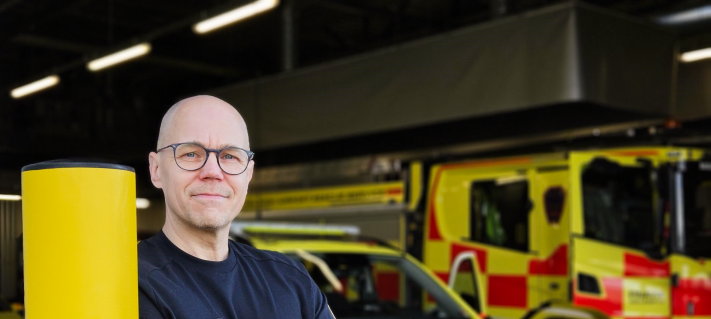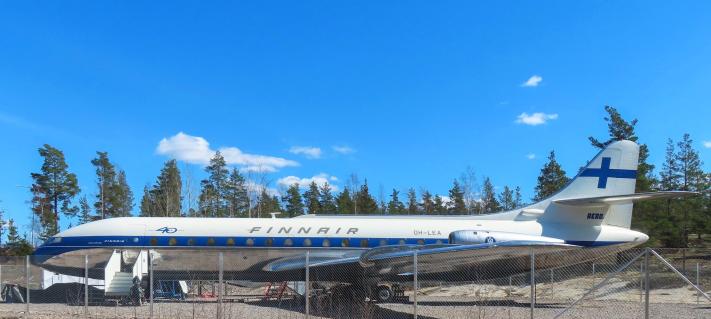The company would be responsible for route services, such as Finland’s area control service, as well as for the approach control services of Finavia’s airports and Lappeenranta airport.
Finavia is preparing the matter in accordance with the decision made by the Government’s Ministerial Committee on Economic Policy on 20 December 2016.
The starting points for the evaluation were the disruption in the operating environment of air navigation and the effort to secure more efficient air traffic service production. The goal is to ensure that the cost structure of Finnish air traffic continues to be competitive in the future.
”European air navigation is experiencing major changes, which Finavia also needs to address. The current corporation model in which both airport and air navigation services are produced by the same company, i.e. Finavia, is exceptional in Europe,” says Kari Savolainen, CEO of Finavia Corporation.
“If the incorporation of Finavia’s air navigation came to pass, it would allow airports to keep their air navigation costs on a reasonable level in the changing operating environment. It would also allow them to open approach control services to competition, like our neighbouring countries have done. The long-term goal is to create an air navigation market in Finland. As an independent limited liability company the air navigation company can better respond to the challenges posed by the changing operating environment as well as to the new business opportunities it offers, such as the development of a remote air traffic control concept,” Savolainen says.
“Corporatisation would also improve operational capabilities as Europe’s air navigation markets open and provide opportunities for closer cooperation in air navigation. An additional goal is to support Finavia’s positive economic development and ensure that air traffic service providers maintain their position as attractive employers in the future,” Savolainen concludes.
If the incorporation takes place, the new company will function as a special assignment company under the ownership steering of the Ministry of Transport and Communications. In addition to production of air navigation services, the company would be tasked with special functions such as airspace management, area control, air rescue services and aeronautical services for state purposes. The systems needed to produce national route services, such as the air traffic control system, radars and voice communications systems, would be transferred to the company. Air navigation facilities at airports, such as air traffic control towers and their devices, would remain with Finavia.
Finavia will make decisions regarding the corporatization of air navigation in early 2017 at the earliest.



